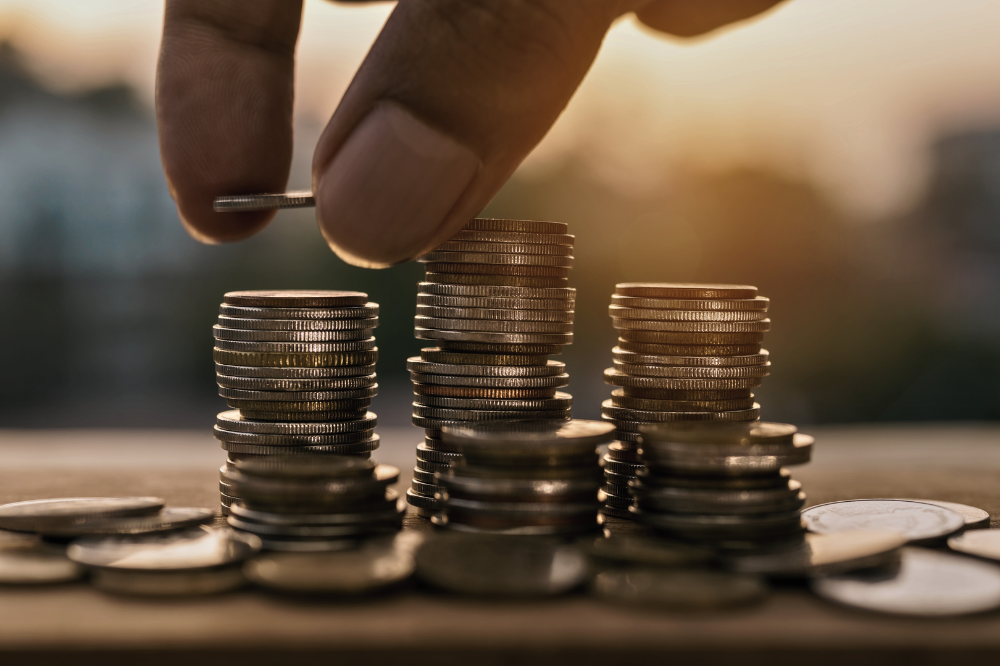A savings account is meant for accumulating funds and earning interest. But can you pay bills from it? Find out!
If you had extra costs or ran short on money in your chckings account, you might have asked yourself if you can pay bills from a savings account. Well, that is what we are going to answer today! Also, if you want to check out more financial tips on our website, you can click on this link!
What Is a Savings Account?
It is a financial tool offered by banks and credit unions, designed to help you accumulate funds safely and potentially earn interest on your balance, allowing you to save for short-term goals like a vacation or emergency fund, or long-term objectives like a down payment on a house. Due to that, there are limitations on the number of withdrawals you can make per month.
Can You Pay Bills From A Savings Account?
Although directly paying bills from a savings account isn’t recommended, there might be a few workarounds depending on your bank’s specific offerings that can make it possible. Many banks allow you to link your savings account to your checking account for online bill payments, so you can transfer funds from one to another before scheduling the bill payment. And, some banks might allow direct transfers from your savings account to a biller’s account, but this option tends to involve additional fees.
Why Is It Difficult to Pay Bills With a Savings Account?
Unlike checking accounts that come with debit cards and checks, savings accounts often lack these features. This makes it difficult to initiate direct payments to billers. Among that, there are other reasons, such as:
-
Limited Transaction Capability: as mentioned earlier, savings accounts often have restrictions on withdrawals. Frequent withdrawals to pay bills could result in penalties or limitations on your account;
-
Delayed Access to Funds: even with online transfers, there might be a delay in the funds reaching the biller, potentially leading to late fees;
-
Reduced Interest Earnings: frequent withdrawals from your savings account can dip into the interest you earn, once the whole point of a savings account is to grow your money.
How to Avoid Using Your Savings Account
-
Create a Budget and Track Your Spending: by understanding your income and expenses, and figuring out how much you need readily available, you can allocate funds effectively and avoid situations where you might be tempted to tap into your savings for bills;
-
Buffer For Unexpected Costs: include a buffer in your checking account to cover unexpected expenses like car repairs or medical bills. This can help you prevent overdraft fees and keep you away from needing to take money away from your savings account.

